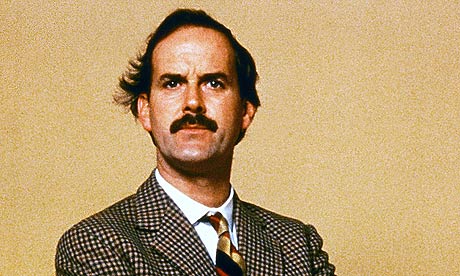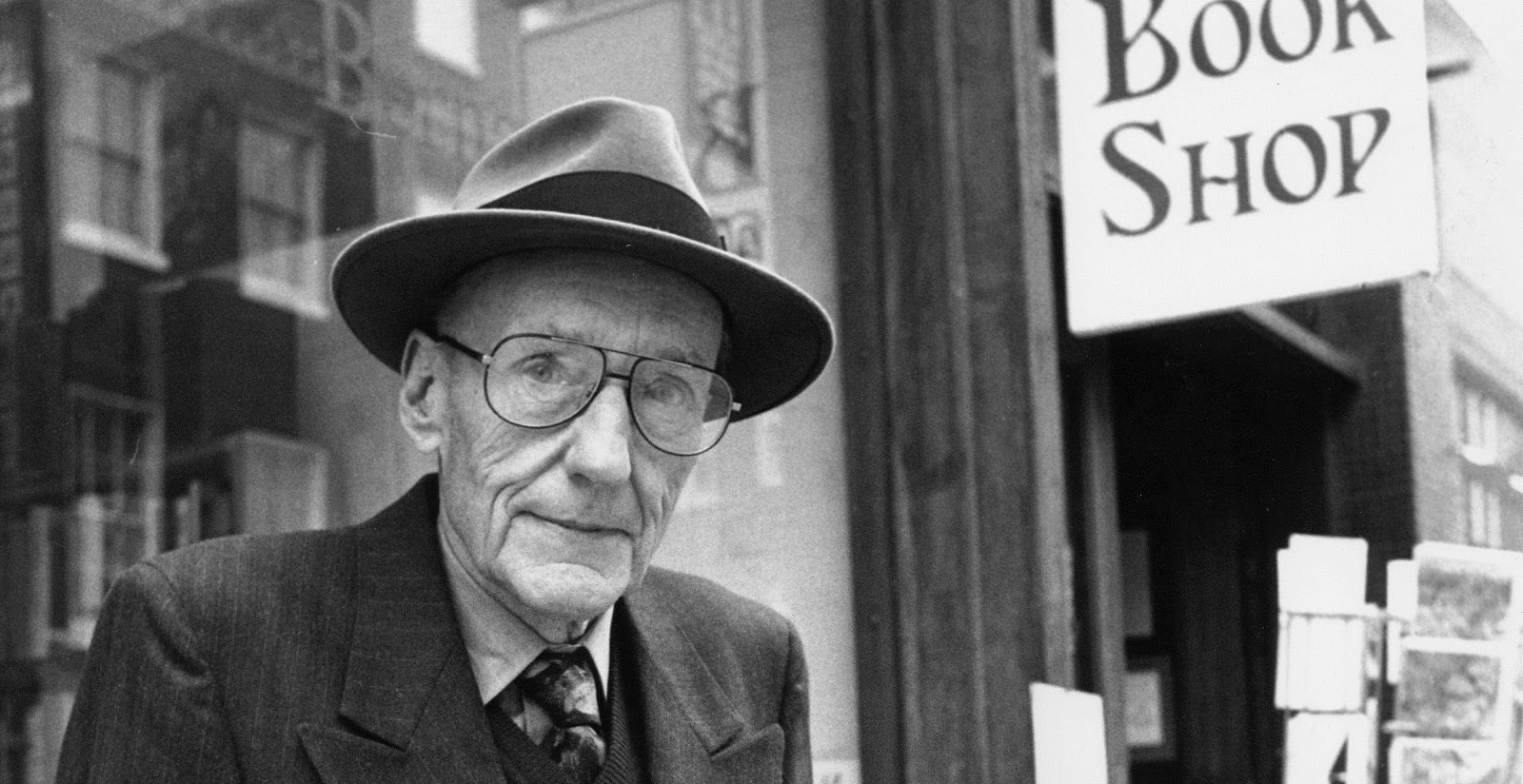This weekend marked the 150th anniversary of the great male voice choir Y Cor Mawr , conducted by Griffith Rhys Jones (‘Caradog’), winning the contest at the Crystal Palace, and our town held a festival to commemorate the occasion. Afterwards, some of the choir turned up in the pub and treated us to an impromptu singalong. It reminded me of this lovely piece by the Rhondda-born teacher and novelist Gwyn Thomas, from one of his short stories set in the fictional street of Meadow Prospect in the period between the world wars:
‘Walls were thin and life was loud. There were no secrets. Anybody found minding his own business was denounced as a freak or watched by the police. One of the reasons for the birth of our great choral tradition was that the people in the ten houses to either side of you could hear exactly what you were saying, and having a group of people singing around you was the only way of ensuring a private conversation.’
Gwyn Thomas, Meadow Prospect Revisited.







